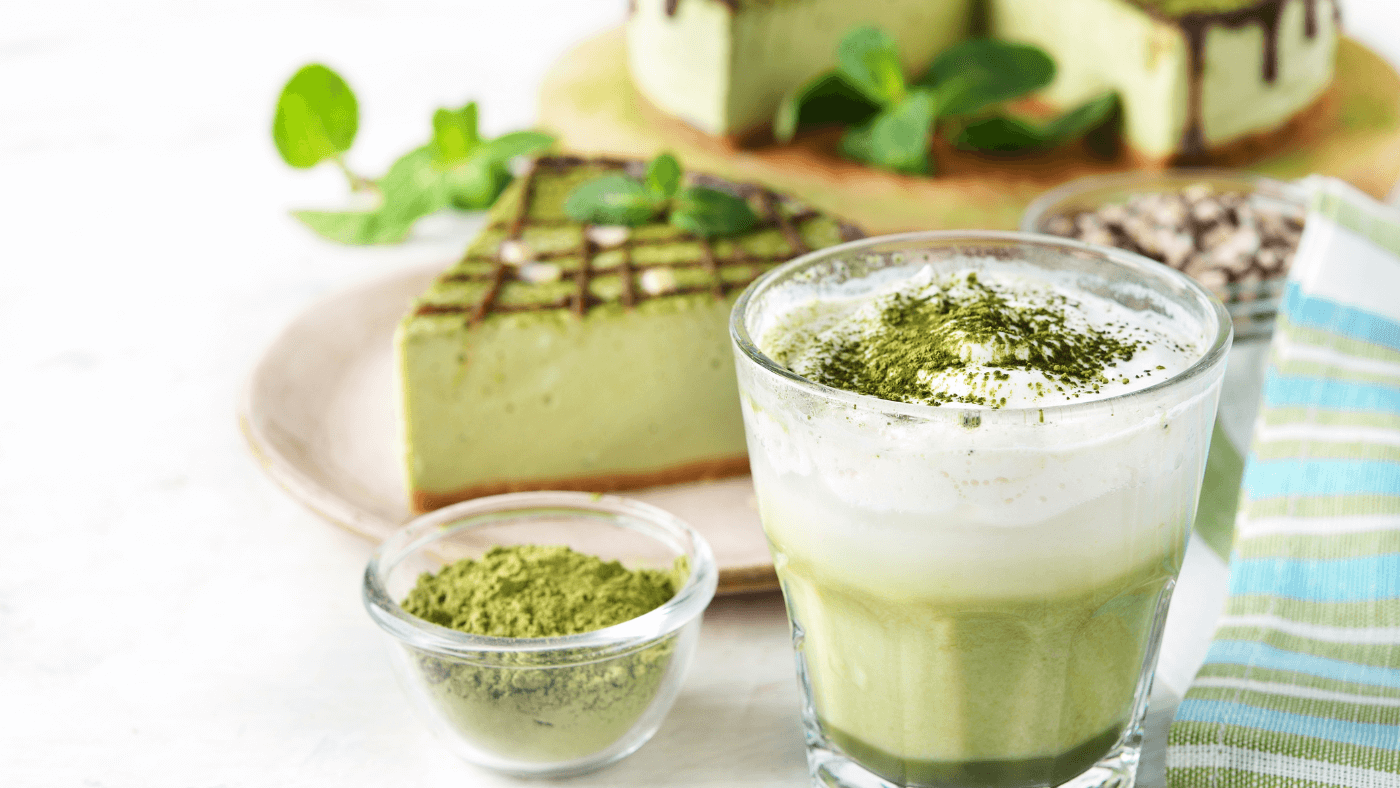Probiotics have become increasingly popular in recent years, as more people recognise the importance of maintaining a healthy gut microbiome. This blog will explore the many benefits of taking probiotics daily. This will help you understand the importance of maintaining a healthy gut microbiome and how it can help support overall health and well-being.
- What are Probiotics?
- How do they help?
- Why are they important?
- What are its benefits?
- Types of Probiotics
- Sources of Probiotics
- Choosing the right one
- Conclusion
What are Probiotics?
The human gut is home to trillions of microorganisms, collectively known as the gut microbiome. This complex ecosystem of bacteria, fungi, and other microbes is crucial in maintaining overall health. Probiotics are live microorganisms that offer a range of health benefits to the host when consumed in adequate amounts.
These microorganisms are often called "friendly" or "good" bacteria, as they help restore and maintain a healthy balance of microflora in the gut.
How do they help?
Probiotics work by colonizing the gut and helping to restore the natural balance of microorganisms. They do this by competing with harmful bacteria for resources and creating an environment that is less hospitable to pathogens. It also produces a range of beneficial compounds, such as short-chain fatty acids and antimicrobial peptides, that help to support gut health.
Why are they important?
Maintaining a healthy gut microbiome is essential for a healthy life. The microbiome is involved in a range of physiological processes, including digestion, nutrient absorption, and immune function. A healthy gut has also been linked to a reduced risk of chronic diseases such as obesity, type 2 diabetes, and inflammatory bowel disease.
What are its benefits?
Probiotics have been shown to be effective in several bodily functions. We will explore in detail the many benefits of taking them daily:
Improved digestion and nutrient absorption: This is one of the primary benefits. Probiotics help to break down food and aid in the absorption of nutrients such as vitamins, minerals, and amino acids. They can also improve the balance of microorganisms in the gut, which can help to reduce digestive symptoms such as bloating, gas, and constipation.
Boosted immune system: They play a crucial role in our immune system by stimulating the production of immune cells and antibodies, which can help to fight off infections and diseases. Probiotics can also improve the gut barrier function, which helps to prevent harmful pathogens from entering the bloodstream and causing infection.
Reduced inflammation and risk of chronic disease: Chronic inflammation is a risk factor for many chronic diseases such as type 2 diabetes, heart disease, and inflammatory bowel disease. Probiotics have been shown to reduce inflammation in the gut and throughout the body, which can help to reduce the risk of chronic disease.
Better mental health and mood: The gut-brain axis refers to the two-way communication between the gut microbiome and the central nervous system. Probiotics have been shown to have a positive impact on mental health and mood by improving the balance of neurotransmitters in the brain and reducing symptoms of anxiety and depression.
Potential weight loss and improved metabolic health: Probiotics have been shown to have a positive effect on weight loss and metabolic health. They can improve insulin sensitivity, which can help to regulate blood sugar levels and reduce the risk of type 2 diabetes. They can also reduce inflammation in adipose tissue, which can help to promote weight loss and improve metabolic health.
Choosing the right supplements and consulting with a healthcare professional before starting a probiotic regimen is important.
Types of Probiotics
There are many different types and each with its own health benefits. In this section, we will explore some of the most common types and their sources:
Lactobacillus is commonly found in the human gut. It has been shown to improve digestive health, boost immune function, and reduce inflammation. Lactobacillus can be found in fermented foods such as yoghurt, kefir, sauerkraut, and kimchi.
Bifidobacterium is commonly found in the human gut. It has been shown to be effective in improving gut health, reducing inflammation, and boosting immune function. It can be found in fermented foods such as yoghurt, kefir, and sauerkraut, as well as in probiotic supplements.
Saccharomyces boulardii is a type of yeast probiotic that has been shown to be effective in reducing diarrhoea caused by antibiotics and other causes. It can be found in probiotic supplements.
Streptococcus thermophilus has been shown to be effective in improving lactose digestion and reducing inflammation in the gut. It can be found in fermented foods such as yoghurt and kefir.
Lactococcus lactis has been shown to effectively reduce inflammation and boost immune function. It can be found in fermented foods such as cheese and buttermilk.
What is Prebiotics?
In addition to these types, there is also prebiotics, which are types of dietary fibre that feed the beneficial bacteria in the gut, and synbiotics, which are combinations of probiotics and prebiotics.
Sources of Probiotics
They can be found in a variety of sources, including fermented foods, probiotic supplements, and some dairy products. However, it is important to note that not all fermented foods contain live probiotics, as some are heated during manufacturing, which can kill the beneficial bacteria.
Probiotic supplements are also available in the form of capsules, powders, and liquids. When choosing a probiotic supplement, it is important to choose one that contains a variety of probiotic strains and has been tested for potency and safety.
In summary, there are many different types to choose from and each of them has its own set of benefits but all of them are beneficial for your gut health.
Choosing the right one
When choosing a probiotic, there are several factors to consider. It's essential to choose one with a variety of strains, as different strains have different health benefits. Additionally, the potency and viability should be considered, as some probiotics may not survive the digestive process and reach the gut intact. It's also important to consider their form, whether in the form of capsules, powders, or liquids, as well as any potential allergens or additives in the product. Lastly, it's always a good idea to consult with your primary healthcare provider before starting a probiotic regimen to ensure it is safe and effective for your individual health needs.
Conclusion
Probiotics have been proven to have a ton of health benefits as listed above. They are essential to our gut microbiome that plays a large role in maintaining our health. Choosing the right ones depends on your body and its needs. Since many different sources of obtaining these “good bacteria” exist, you can easily add them to your daily diet.
Supplements are also an easy and effective way to include probiotics as they can be added to our usual foods/drinks for an extra health boost for our guts. But make sure that the supplements are added at cold or room temperature or the good bacteria will be killed.
155.43 AED Best Probiotics and Prebiotics for Daily Dietary Supplements
Blend with your favorite smoothie or simply mix and dissolve in water.
20 Billion Probiotics, 30 servings… read moreGut Love Probiotic + Prebiotic Powder








